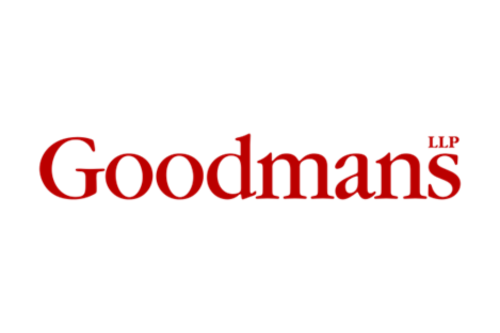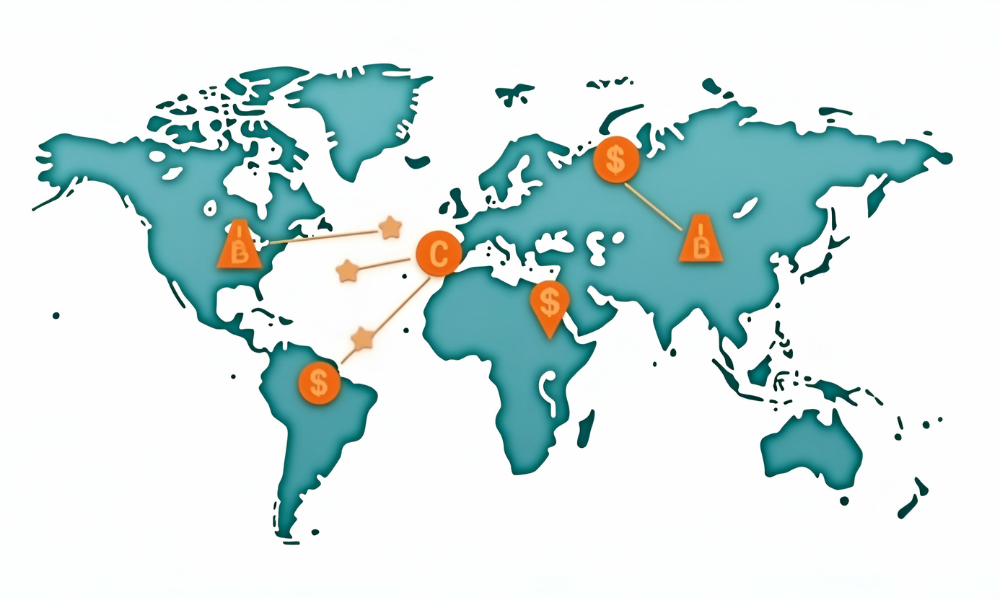Allan Goodman, partner at Goodmans LLP, sat down with Lexpert to discuss the resurgence in tech M&A activity. From what’s driving it to where the challenges and opportunities lie, Goodman shares valuable insights for what to expect in the space as we head into 2025.
Q: Can you elaborate on the factors driving the recent resurgence in tech M&A activity? Are there specific subsectors within technology that are particularly active?
A: In my view the biggest factor that drove the resurgence in tech M&A activity was the decrease in available venture financing which began to drop-off in early 2022. As a result, companies turned to M&A as a way to continue to grow. At the same time, there was also an increase in activity by private equity firms looking to acquire technology companies.
AI and cybersecurity businesses have been the most targeted as strategic buyers have looked to integrate AI capabilities into their products and enhance their defenses given the increase in cybersecurity threats.
Q: In a recent interview, you mentioned that buyers and sellers are reaching consensus on valuations. What key factors are influencing this alignment, and how do current valuations compare to those in 2021?
A: Tech valuations peaked in 2021 as many investors during the pandemic were looking to invest in digital solutions. However, by 2022 valuations began to drop and as a result many businesses were forced to shift their focus from “growth at all costs” to achieving profitability, which made many companies more appealing to potential buyers. Buyers and sellers also became more focussed on potential synergies which helped to close the valuation gap.
Q: How are evolving regulatory policies impacting tech M&A transactions, particularly concerning antitrust considerations in the U.S. and Canada?
A: In the U.S., the Hart-Scott-Rodino Act requires more detailed information, extending the timeline to obtain some deal approvals. Canada has also been experiencing longer review periods for some transactions due to increased regulatory scrutiny, particularly where sensitive data is involved.
Antitrust authorities in the U.S. and Canada are also working more closely with their international counterparts in order to ensure the consistent enforcement of antitrust laws. This can also slow down the completion of international transactions.
Q: What challenges and opportunities do Canadian tech companies face in cross-border M&A, especially with U.S. counterparts?
A: One of the biggest challenges facing Canadian tech companies undertaking M&A with U.S. counterparts is navigating different privacy and tax laws which can vary from state to state. Cross-border transactions also often involve more complicated tax issues that have to be addressed.
Cross border M&A transactions are also impacted by currency fluctuations which can sometimes cause the need for adjustments to the deal terms and in some cases jeopardize the completion of a transaction.
As for opportunities, cross-border M&A allows Canadian tech companies to access the larger U.S. market to acquire skilled talent. In addition, there are typically larger pools of capital available in the U.S. making the ability to execute on larger transactions easier.
Q: How are advancements in AI and other emerging technologies influencing M&A strategies and valuations in the tech sector?
A: AI has significantly enhanced the due diligence process. From contract review to market research, AI tools allow buyers to help identify potential risks to the target. AI also helps buyers identify potential targets by analyzing trends, strategies, and precedent transactions.
As potential targets, companies with advanced AI capabilities are often valued higher to the extent they may be able to deliver potential enhancements to the buyer’s current product offering.
Q: Based on your role mentoring startups at the DMZ, what strategies should emerging tech companies adopt to position themselves as attractive acquisition targets?
A: In our role mentoring startups at the DMZ, one of the most important themes for founders is to “Think Globally” and focus on developing scalable growth to go beyond Canada’s borders.
Though it takes time to become profitable, there should be a clear path to profitability from the outset, even if that path has to be adjusted from time to time. It is also critical to build a strong leadership team that focusses on employee retention and company culture, as potential buyers are always looking for stability.
Though protecting intellectual property with patents and trademarks can be expensive for early stage companies, we nonetheless advise founders to focus on protecting their trade secrets as best as possible by only disclosing to third parties what is absolutely necessary to disclose and to ensure that every employee and contractor who works on the product at every stage of development signs the necessary acknowledgements and waivers as part of their employee and contractor agreements.
Finally, we preach to founders the importance of keeping all legal, financial, and operational documents up-to-date from the very beginning. We analogize it to building a strong foundation for your house, one which you can subsequently build on in a more substantial way as your company grows. We have seen a number of potential transactions get derailed in due diligence because basic documentation was not in place or signatures could not be obtained after the fact.
Q: What is your outlook for tech M&A activity in the coming year?
A: With economic conditions continuing to improve and interest rates continuing to drop, we expect to continue to see a robust tech M&A market in the coming year. We also expect to see private equity firms continuing to be active in this space which should also help to drive tech M&A activity in the coming year.
For more information, keep an eye on Goodmans LLP’s Insights.
***
 Allan Goodman is a partner in a business law group, and co-heads the Technology Group at Goodmans. His practice focuses on corporate finance, mergers and acquisitions, corporate governance and regulatory compliance matters.
Allan Goodman is a partner in a business law group, and co-heads the Technology Group at Goodmans. His practice focuses on corporate finance, mergers and acquisitions, corporate governance and regulatory compliance matters.
Allan acts for a broad range of issuers and underwriters on corporate finance transactions, including public offerings and private placements. Allan also provides advice to boards of directors and special committees with respect to governance and compliance matters.
Allan leads the firm’s emerging business initiative, in its role as “legal counsel in residence” at the DMZ at Toronto Metropolitan University (formerly Ryerson University), one of Canada’s largest business incubators for emerging tech startups. Through this initiative, Allan provides legal advice and mentorship to some of Canada’s most promising startups.





